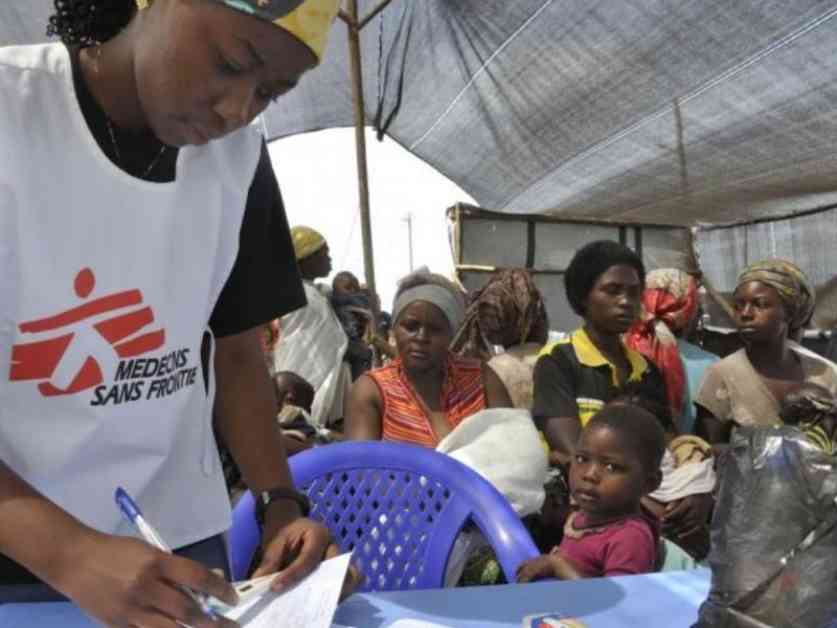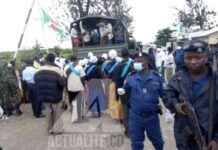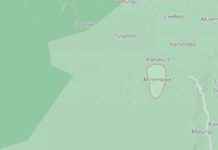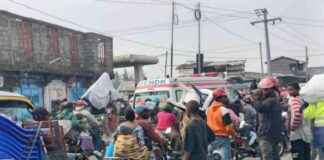Supporting Displaced People in Masisi: MSF Coordinator’s Health Priorities
In a world where crises seem to be the norm, the situation in Masisi is becoming increasingly dire. With a massive influx of displaced individuals fleeing armed violence, many women and children find themselves in precarious living conditions, exposed to heightened health risks. This Wednesday, January 15th, Romain Briey, the coordinator of the MSF project in Masisi, sat down with DeskFemme to discuss the health priorities for these vulnerable populations.
Healthcare Support and Essential Medications
Briey highlighted three major priorities for MSF in caring for the displaced individuals. Firstly, they are focusing on supporting local healthcare structures, such as health posts in displacement areas, by providing them with essential medications. Secondly, they are intensifying epidemiological surveillance to quickly detect health issues. Lastly, they are implementing an emergency response to address immediate needs.
Preventing Infectious Diseases Through Hygiene Measures
Infectious diseases like malaria, respiratory infections, and diarrheal illnesses pose significant threats to displaced individuals, especially pregnant women and children. To combat the spread of these diseases, various measures have been put in place. Handwashing stations and garbage bins have been installed in displaced bases and hospital corridors. Additionally, a hygiene awareness campaign, in collaboration with the ICRC, is underway at the hospital and refuge zones.
Mental Health and Trauma Care
Traumas experienced by displaced women and children, particularly those related to sexual violence, are major concerns. While psychological support services are available at the city’s general referral hospital daily, including for victims of sexual violence, Briey expressed concern about the lack of resources to meet the demand. Emergency interventions are in place, but a specific mental health program is still pending due to the high number of displaced individuals.
While efforts to improve healthcare for the displaced in Masisi are ongoing, the situation remains complex. Briey calls on humanitarian actors and donors to step up and help. Despite the challenging security situation, there is still room to make a difference in Masisi. Additional assistance could significantly improve the lives of these vulnerable populations, primarily comprised of young children and women.
As we look to the future, Briey acknowledges the possibility of people feeling secure enough to return home in the coming months. However, if they continue living in precarious conditions, whether in camps or hospitals, the risk of diseases related to overcrowding, such as measles or waterborne illnesses, remains a pressing concern.
In conclusion, the efforts to support displaced individuals in Masisi are crucial, but the road ahead is filled with challenges. The dedication of individuals like Romain Briey reminds us of the importance of compassion and action in the face of adversity.

















